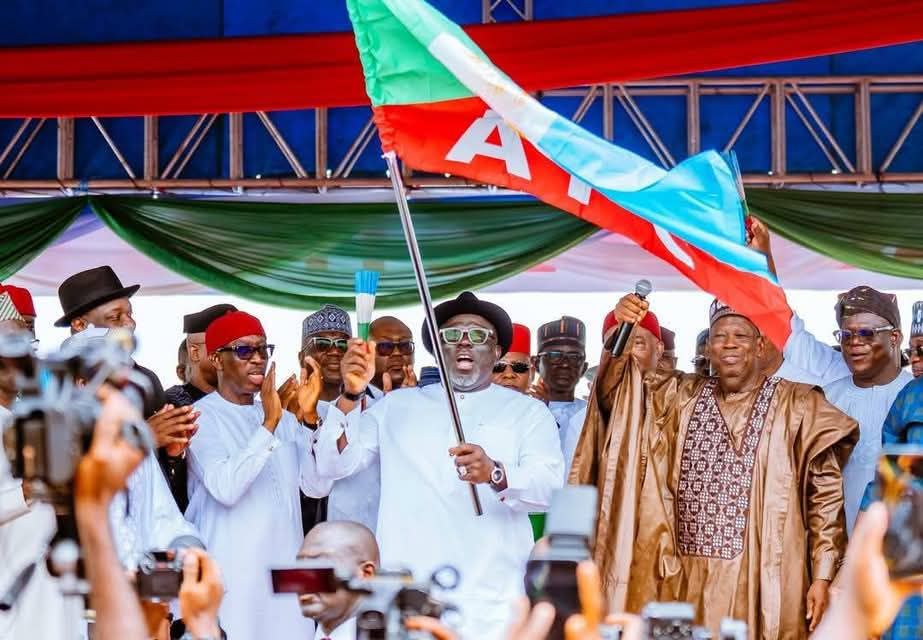Delta State’s political landscape is experiencing a seismic shift—and one of the state’s influential figures isn’t mincing words in support.
Chief Uchenna Okafor, Director General of the Taskforce and Monitoring of the Commercial Motorcycles and Tricycles Operators Association (COMTOA), Delta State, has praised Governor Sheriff Oborevwori for what he described as a “bold and visionary” decision to align Delta State with Nigeria’s political mainstream by joining the ruling All Progressives Congress (APC).

Speaking to the media on Monday, Chief Okafor said the Governor’s move marks a “strategic recalibration” that positions Delta to benefit from more coordinated development efforts from the federal center.
“Governor Sheriff has shown the rare courage to think beyond partisanship and put the prosperity of Delta first,” Okafor said. “By joining the APC, he is connecting our beloved state to the levers of national power and opportunity. This is leadership.”
The endorsement from Okafor—who leads a major regulatory agency overseeing thousands of commercial motorcycle and tricycle operators across Delta—carries weight. COMTOA plays a critical role in the state’s informal transport economy, and its alignment with the governor’s political direction may help consolidate grassroots support for what could be a transformative shift.
At the heart of Chief Okafor’s message is a call for Deltans to rally behind Governor Oborevwori’s flagship development blueprint: the MORE Agenda, which stands for Meaningful Development, Opportunities for All, Realistic Reforms, and Enhanced Peace and Security.
“The MORE Agenda is not just a slogan—it is a commitment to the people of Delta,” said Okafor. “What the Governor is doing is ensuring that this agenda doesn’t stay trapped in opposition politics, but is fully empowered with national backing.”
While critics have decried the switch as political opportunism, Okafor dismissed those concerns, urging citizens to look beyond “rhetoric and reactionary partisanship.”
“We must judge leadership by results, not party colours,” he said. “Governor Sheriff has never wavered in his vision for a prosperous Delta. Whether the route is PDP or APC, the destination remains the same—and that is economic progress, job creation, and infrastructure development.”
Okafor noted that the informal transport sector has been one of the early beneficiaries of Oborevwori’s reforms, citing road rehabilitation, enhanced licensing processes, and improved security coordination as examples.
“Our operators are now working under safer, more organized conditions. That is a direct result of this Governor’s work,” Okafor said. “And now, with federal collaboration more accessible than ever, the prospects for further growth have never been better.”
Analysts note that Okafor’s vocal support may galvanize similar endorsements from other local leaders and unions, particularly those operating outside the formal political structures. Delta, one of the most economically significant states in the Niger Delta region, has long walked a delicate balance between federal alignment and regional autonomy.
Governor Oborevwori’s shift may mark a turning point not only for Delta but also for the political center of gravity in the South-South region. With oil-rich states often at the center of national economic planning, increased cooperation between the Delta government and federal authorities could unlock long-stalled projects and funding.
Chief Okafor urged all Deltans to approach the new political era with open minds.
“Change can be uncomfortable, but it is also necessary,” he said. “Let us move forward with unity, not division. The Governor has charted a course that offers hope, and it’s time for us to sail with him.”